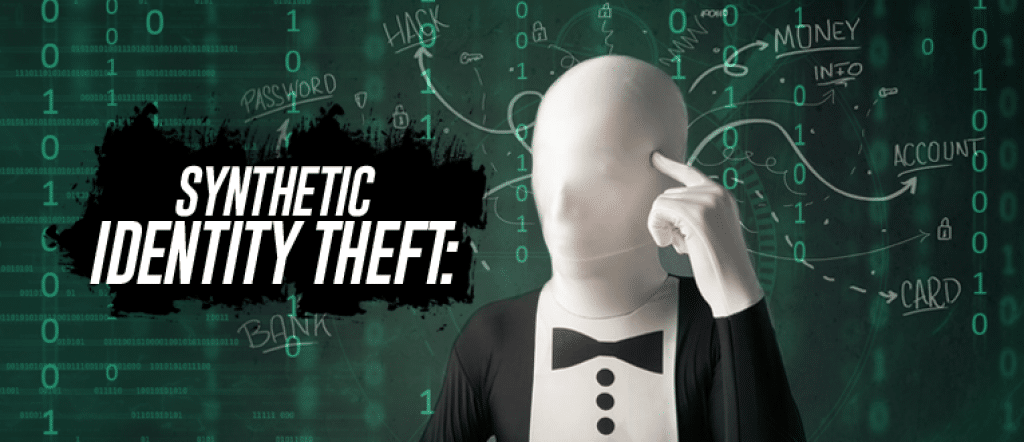Medical Identity Theft The next time you go to see your doctor and you’re asked to provide your identity and insurance information, be careful. Why? That person asking for your insurance and proof of identity may be after more than your identification. They might want your identity. Identity thieves work to get your personal information […]
Category Archives: Blog
Symantec which is an American technology company headquartered in Mountain-View, California, is a company that produces software for security, storage, backup and availability while offering professional services to support its software. Well, it seems that the company has taken a major leap in acquisitions as of this week. The company has recently announced that they […]
[vc_row][vc_column][vc_column_text] Criminal Identity Theft Criminal ID theft occurs when a stolen identity is being fraudulently used to commit crimes in the name of the original identity victim. Typically criminals will tend to use a stolen identity by falsely identifying themselves as the owners of the identification. This type of impersonation is typically used when the […]
[vc_row][vc_column][vc_column_text] What is a smurf attack? A smurf attack is a malicious Denial of Service attack that makes a computer network inoperable by targeting the vulnerabilities of the Internet Protocol (IP) and Internet Control Message Protocols (ICMP). How does a smurf attack work? Typically, a smurf attack relies on three specific things: the hacker or […]
[vc_row][vc_column][vc_column_text] What is Malvertising? The use of online advertisements to help spread dangerous malware is known as “malvertising,” a word derived from “malicious advertising.” How malvertising works Malvertising is growing in popularity. It involves putting dangerous codes into online advertisements, which could infect your computer even on trusted websites. Unfortunately, there’s a good chance you […]
[vc_row][vc_column][vc_column_text] What is a sandbox? A sandbox is used to run untrusted, untested code or programs without risking your own operating system or computer while determining whether the code or program contains something malicious. How does a sandbox work? Sandboxing essentially isolates a program to keep dangerous code from prying into your private information stored […]
[vc_row][vc_column][vc_column_text] What is cloud security? Cloud security, also known as cloud computing security, is an umbrella term that refers to the policies, controls and other technology used to protect data and other details involved in cloud computing. (Cloud computing is provides shared resources and information to computers, smartphones, tablets and other devices on-demand.) Threats to […]
[vc_row][vc_column][vc_column_text] What is synthetic identity theft? Synthetic identity theft is the fastest-growing form of identity theft, according to data shared by the Federal Trade Commission, and is thought to account for well over 80 percent of all identity theft reported today. With synthetic identity theft, criminals create a new identity by piecing together real and […]
[vc_row][vc_column][vc_column_text] What is sniffing? Sniffing in the computer-technology sense refers to the act of eavesdropping on network traffic, perhaps between a computer and a website or between two computers. When used for malicious purposes, sniffing can result in private information being stolen. How does it work and what’s the risk? Sniffing allows a user to […]
[vc_row][vc_column][vc_column_text] What is a computer zombie? A zombie is a computer that is hacked by a cybercriminal and then used, without the victim’s knowledge, to infect other computers and networks with malicious software via the Internet. Usually, hackers create a zombie computer to either carry out malicious acts, to steal money, or steal identities. How […]










